TAX
Tax practice within BigLaw is almost always considered one of the “specialist” groups and not a “standalone” practice, which means that the group often works alongside other practice groups, such as corporate, M&A, and real estate, to support with tax-related advice, negotiation, and drafting for transactions. A classic example of this would be the tax team weighing in during the early stages of an M&A deal (purchase or sale of a company or part of a company, see here) or real estate transactions (see here) on how to structure the deal in the most tax-efficient way.
Tax teams are also involved throughout the life of a transaction, performing due diligence during an acquisition on a target company’s tax structure and assessing potential liability, negotiating tax-related terms of a contract, and other contributions.
There are certain other practice areas that are primarily tax-driven and therefore overlap heavily with tax practice, even if they operate as separate groups within the firm – this includes employee benefits/executive compensation practice (often referred to within BigLaw as “Exec Comp,” “EBG,” or “EBEC”) and estate planning (often referred to within BigLaw as “Private Client” or “Trusts & Estates”). At some firms, the tax team is combined with these other groups or houses these other groups as a subset of the larger Tax team.
Tax practice is driven by applicable U.S. and international tax laws. Because of how frequently these laws change, tax attorneys spend considerable time keeping up with actual and potential updates to these laws.
Tax practice is attractive to those who enjoy problem solving, thinking creatively, and mastering a discrete area of law – often, finding the most tax-efficient structure presents itself as a puzzle for attorneys, to solve within the confines of the applicable tax code.
Note: Many tax associates in BigLaw pursue a Tax LLM degree, which is an advanced tax law degree offered by many law schools. Many BigLaw firms will pay for an associate’s Tax LLM degree, with the associate taking online or in-person classes in the evening. A Tax LLM degree is also an attractive credential for firms seeking attorneys to join their Tax team from another firm (known as a lateral attorneys) and something to strongly consider if you are particularly interested in pursuing a career as a tax attorney. Some Tax LLM programs provide credit based on Tax courses taken during the traditional 3-year JD program, allowing JD law students to get a head start on a Tax LLM; if this is of interest to you, inquire with the applicable office at your law school.
(Note: Although they share a name, a Tax LLM is different from a more general LLM degree obtained by many international lawyers in the U.S.)

watch
Check out these short and helpful videos from Hotshot, a video-based learning platform used by top law firms and law schools.
These videos are a great way to get an overview of Tax practice through the lens of overarching accounting concepts and the financial aspects of M&A, emerging companies, and real estate transactions, to determine if this practice area is right for you, and to prepare for networking calls and interviews.
These links will direct you to Hotshot’s website, where you can sign up for a free trial and access to 3 free courses. To watch more, use promo code “SAHub” to get 30% off Hotshot’s student rate (which brings the cost down to just $6 per month). Use your .edu email address to sign up, and if your school already subscribes to Hotshot you’ll automatically be added to its account!
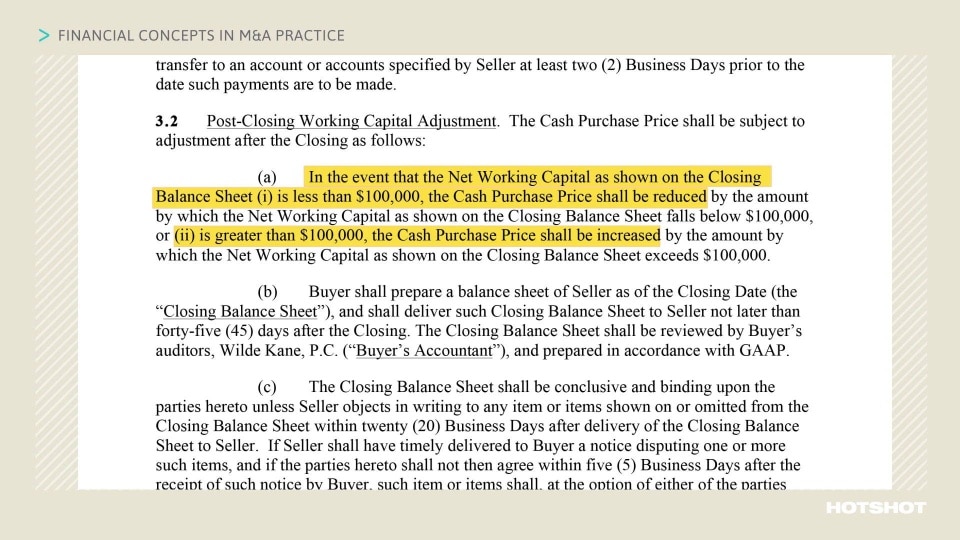
Hotshot
Financial Considerations in M&A Practice
The key financial concepts in M&A practice, including valuations, the main financial provisions in M&A agreements and general tax and accounting issues.
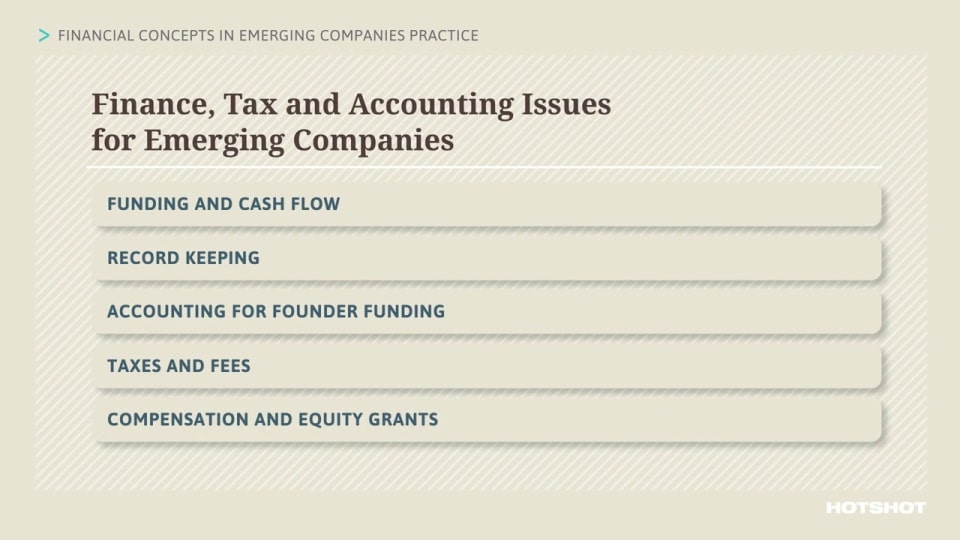
Hotshot
Financial Considerations in Emerging Companies Practice
The key financial concepts in emerging companies practice, including initial startup issues and the financial and accounting issues involved in debt and equity financings.

Hotshot
Financial Considerations in M&A Practice
The key financial concepts in M&A practice, including valuations, the main financial provisions in M&A agreements and general tax and accounting issues.
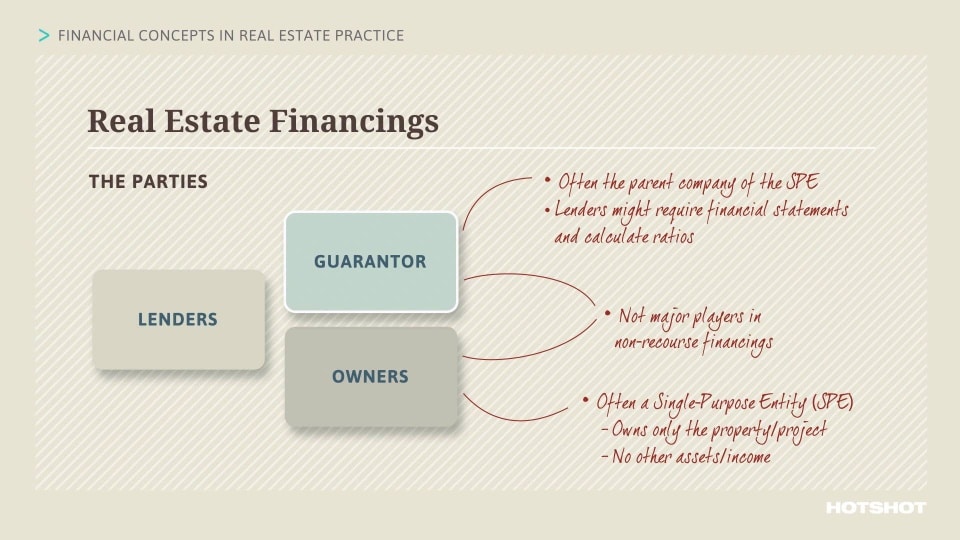
Hotshot
Financial Considerations in Real Estate Practice
The key financial concepts in real estate practice, including when financial concepts come into play, financial soundness and guarantors, and covenants and ratios.
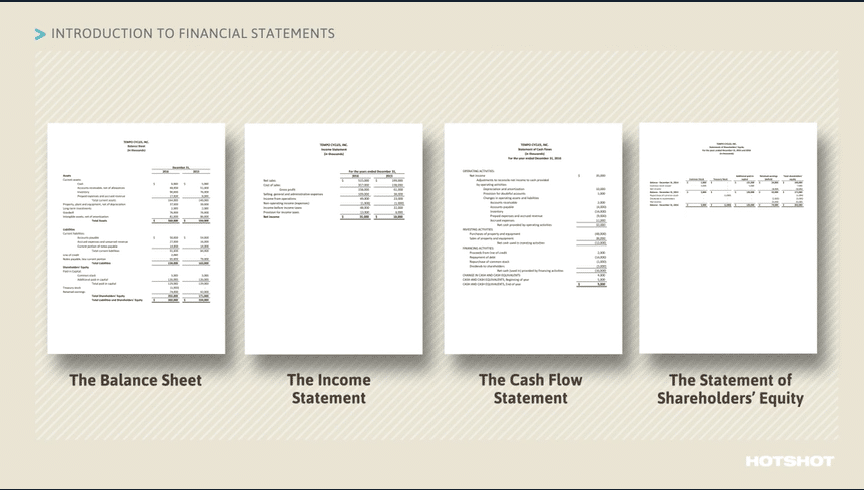
Hotshot
Introduction to Financial Statements
An introduction to the four main financial statements, with examples of how the statements are affected by different business transactions.
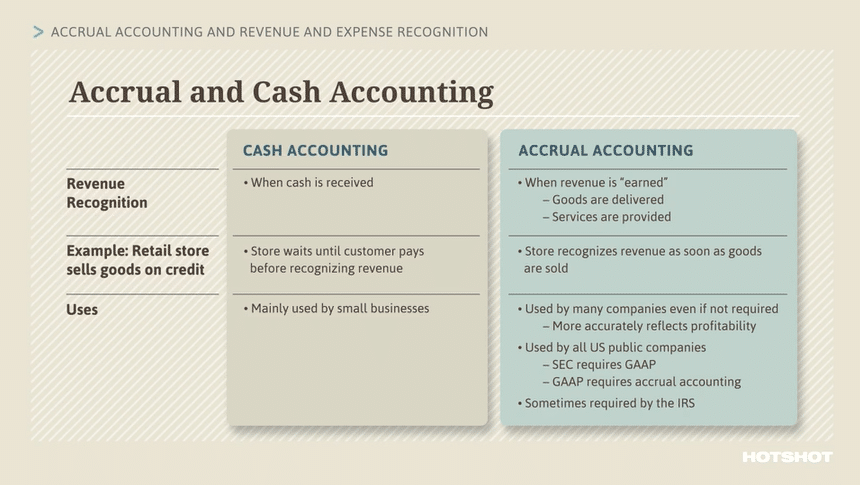
Hotshot
Accrual Accounting and Revenue and Expense Recognition
The main difference between cash accounting and accrual accounting is how revenue and expenses are recognized. This course briefly explains these accounting methods and describes how revenue and expenses are recognized in accrual accounting.
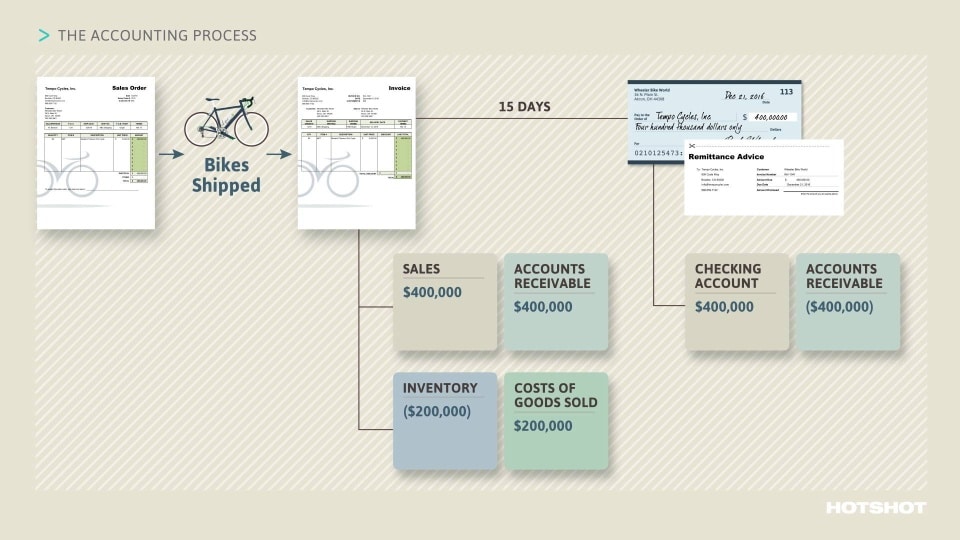
Hotshot
The Accounting Process
An overview of the accounting process, including how transactions appear in a company’s chart of accounts, general ledger, trial balance and financial statements.
LISTEN
Check out these episodes from the How I Lawyer Podcast, a series by Georgetown Law professor Jonah Perlin.
Jonah talks to attorneys throughout the professions about what they do, why they do it, and how they do it well.
This podcast series is a great way to learn directly from attorneys about what the day-to-day work is like in different practice areas.
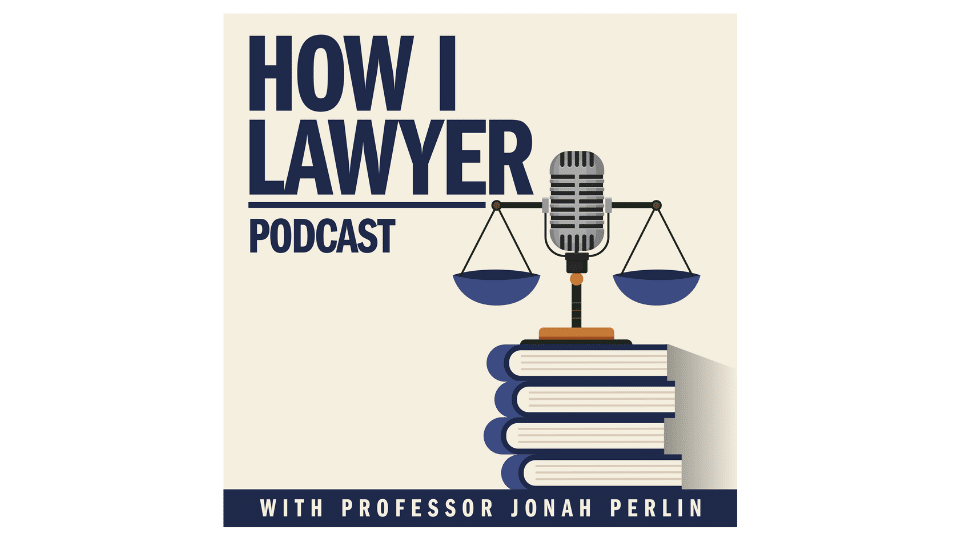
Micah Gibson, PwC
In this episode, Jonah speaks with Micah Gibson, International Tax Director at Big 4 accounting firm PWC based in Washington, D.C. In this role, Micah helps global businesses structure their tax arrangements to support their strategic goals. This conversation covers what makes tax such a unique area of practice, why being a tax lawyer is exciting because it requires creativity, the difference between working for a law firm and an accounting firm, how he works with clients both internal and external, the way he stays up-to-date in such a fast-changing area of law, and other topics.
Stay tuned for additional content coming soon!


